On January 11, 2024, Sven-Göran Eriksson, who had suddenly resigned from his position as technical director of Karlstad 11 months earlier, shocked the global football community by announcing in a radio interview that he had not only been diagnosed with cancer but had only a few months left to live.
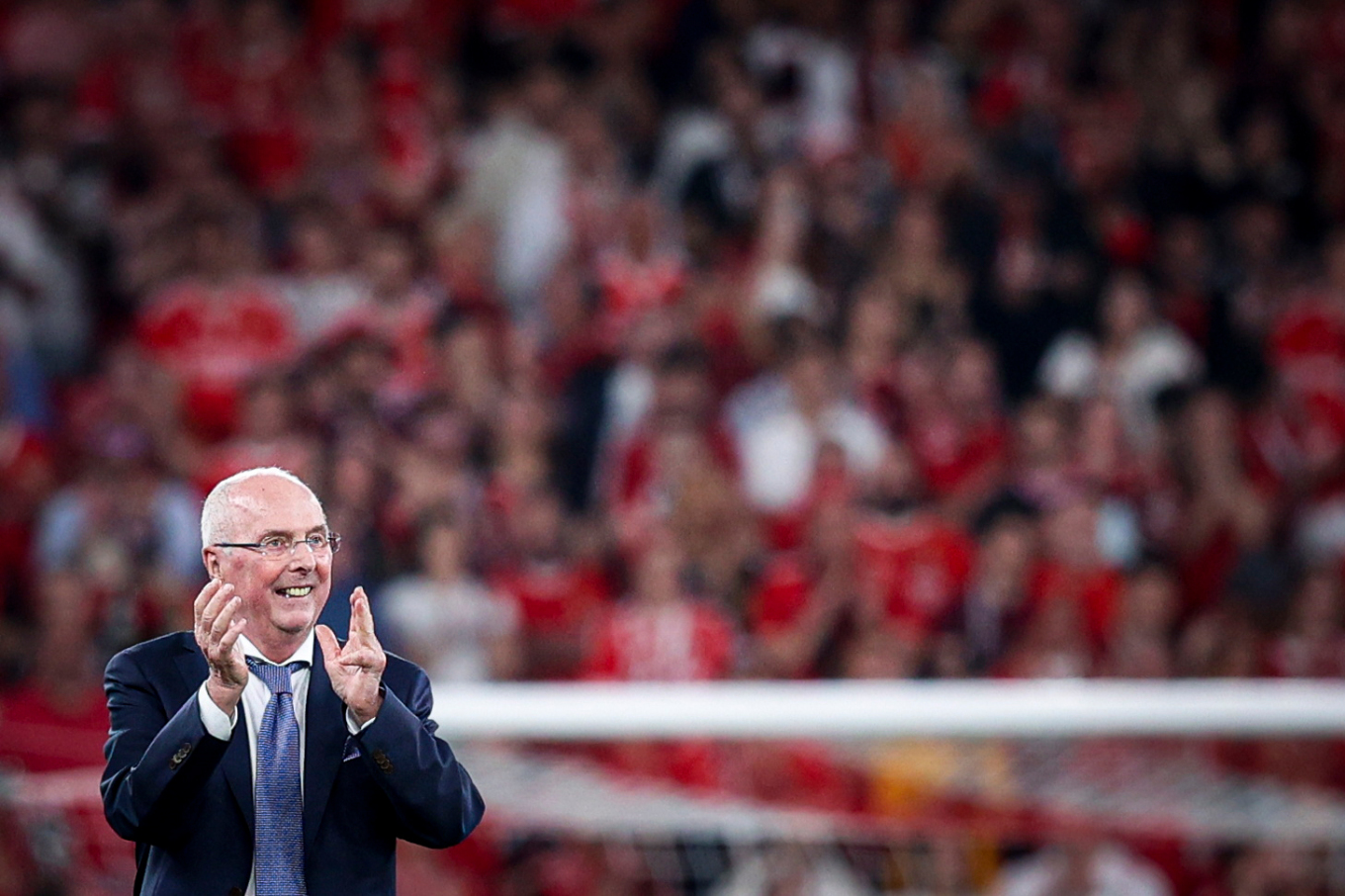
The Sad End
The doctors’ estimates turned out to be (unfortunately) accurate, and this morning (Monday, August 26), his two children informed that the renowned Swedish coach passed away peacefully at his home in Sunne. In the city where he was born in an adventurous manner, he left his final breath.
He was born on February 5, 1948, at his mother Ulla’s house, with his father, also named Sven, present. The two parents were only 18 years old, and Sven had kept the pregnancy secret from his family. However, complications during the birth (the umbilical cord was wrapped around the baby’s neck) and the necessary intervention by a doctor revealed everything.
Sven and Ulla married two years later (as the first’s family did not want the relationship to continue), but during this period, young Sven lived with his mother in very difficult conditions. As he admitted a few years ago, “I was to be her revenge for the difficulties she had in her life.”
Like every child in Sweden, Sven junior was a skier, played ice hockey, but his great love was football. Although he knew he didn’t have much talent, he reached the second division and Västra Frölunda before his career ended in 1975 due to injury.
Having studied economics and physical education, he found himself a year later as an assistant coach at Degerfors, which was playing in the Third Division. The departure of Tord Grip (who would later become his closest collaborator) promoted him to head coach, and his star began to shine brightly.
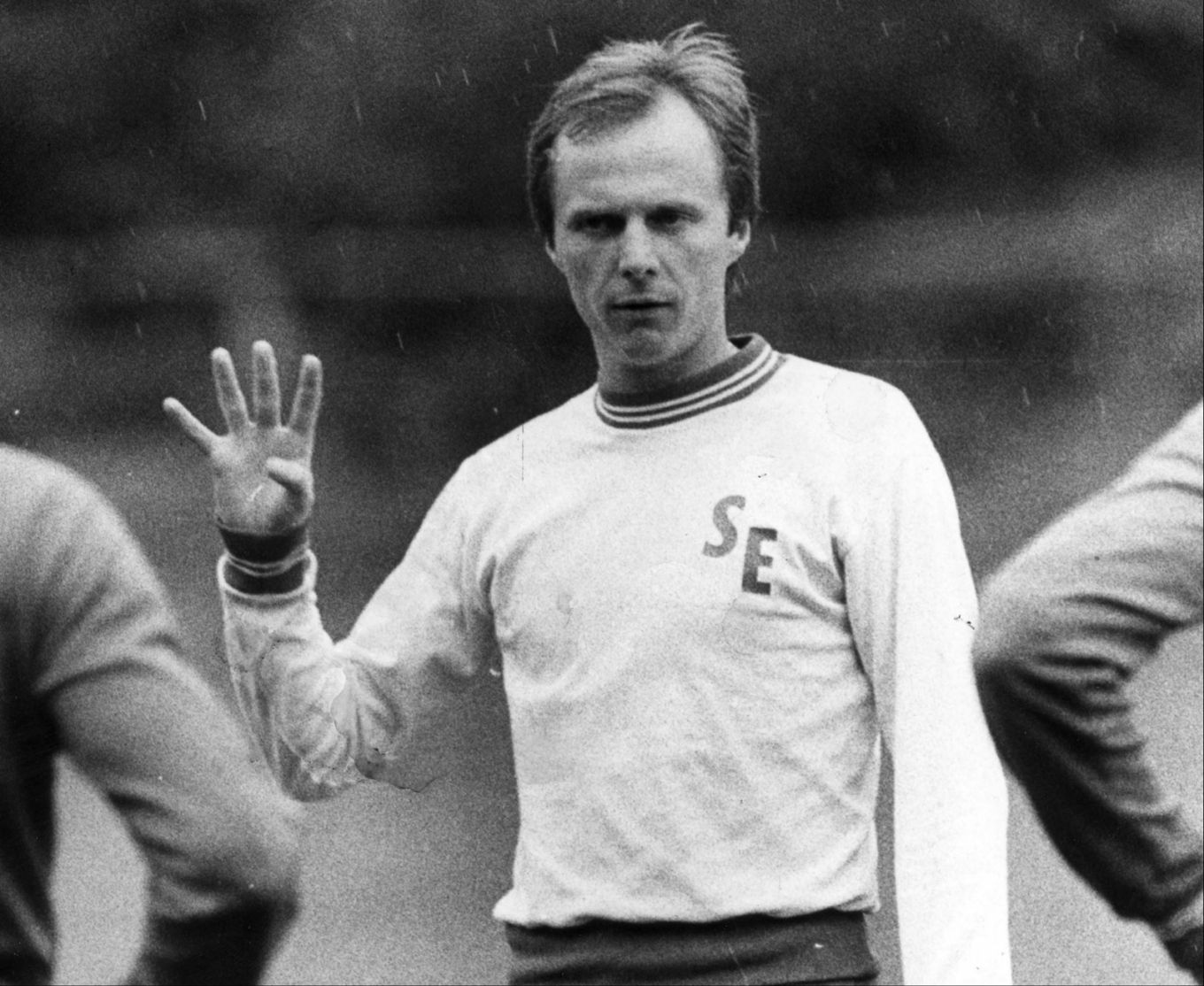
The Leap to Gothenburg and Acclaim
For two seasons, he reached the promotion playoffs, and in the second, he led the team to the second division with Gothenburg. Gothenburg, the largest football force in Sweden at the time, surprised everyone by announcing his hiring.
“We had never heard of him, and a shy man appears in the dressing room to take over the top team in the country. The truth is, it took us a while to gain our respect in the locker room,” said Geln Hissen, an international defender who also played for Liverpool, years later.
His tenure at IFK started nightmarishly with three losses and the coach announcing his resignation in the locker room. However, his players were the ones who kept him. The season ended with them in second place in the league and Cup winners. In 1980, they again took second place, followed by the dream year of 1981.
Gothenburg (which included Håkan Sandberg, later an AEK striker) won the double and made all of Europe marvel by winning the UEFA Cup in the two-legged final against Hamburg.
In the first match at Ullevi, the Swedes won 1-0 with a goal from Holmgren in the 87th minute, and in the second match at Volksparkstadion, IFK Eriksson demolished their opponents 3-0 (25′ Corneliusson, 61′ Tobiörn Nilsson, 65′ penalty Fredriksson).
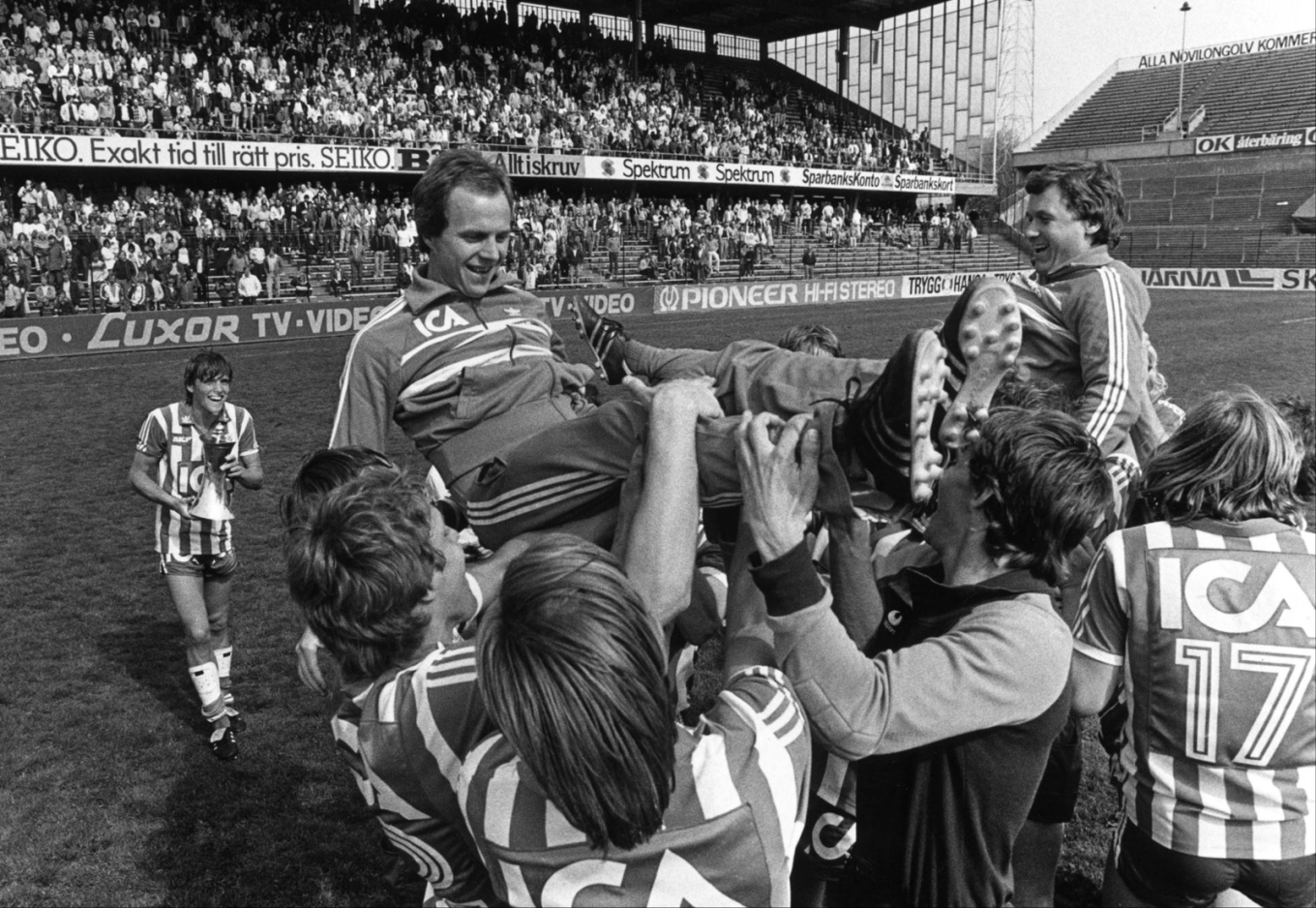
It was the magical end of a great football machine that scattered across the horizon, with players moving to major European clubs and Eriksson starting his coaching adventure abroad from Lisbon and Benfica.
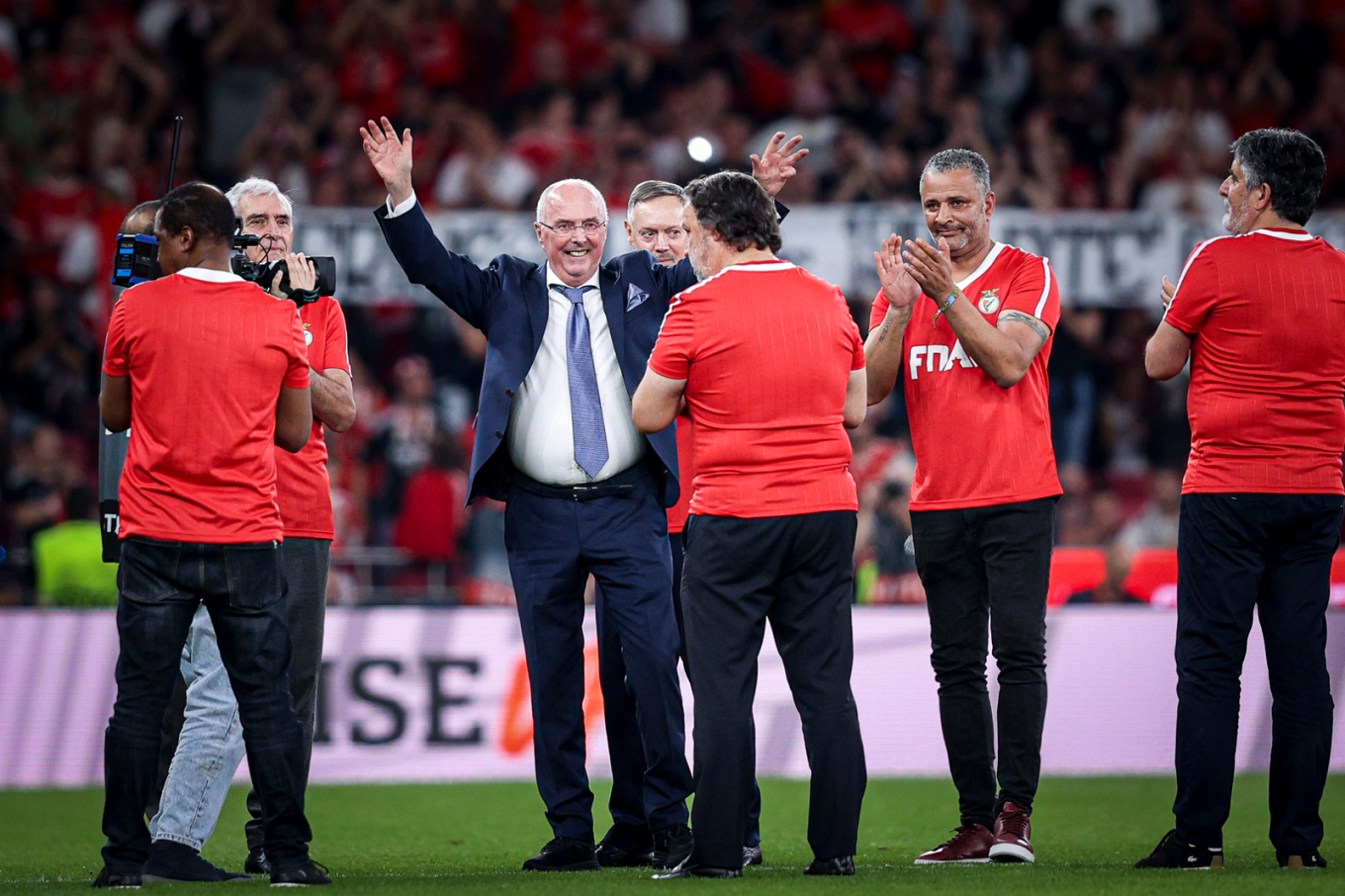
Success in Lisbon and Rome
With Benfica, he won two championships before moving to Italy and Roma (Cup in 1986). Rome would mark him as, after working in Fiorentina, Benfica (a second time), he returned to the eternal city in 1997 and led Lazio to the title in 2000 (with player Matías Almeyda). This success opened the door to the England national team’s bench, which had been left vacant after Kevin Keegan’s sudden resignation.
Sven-Göran Eriksson became the first foreign coach of the Three Lions, with his tenure beginning with… heart-stopping moments as he secured qualification for the 2002 World Cup thanks to Beckham’s free-kick goal against Greece in injury time at Old Trafford. However, the remarkable 1-5 victory over Germany in Munich during that qualifying process made history.
Unfortunately for him, in 2002, he was let down by Seaman (with the goal he conceded from 40 meters in the quarter-final against Brazil), and in 2004 and 2006, he experienced the curse of the English in penalty shootouts, losing both times to Portugal. The second was the trigger for his resignation.
A Diminished Star
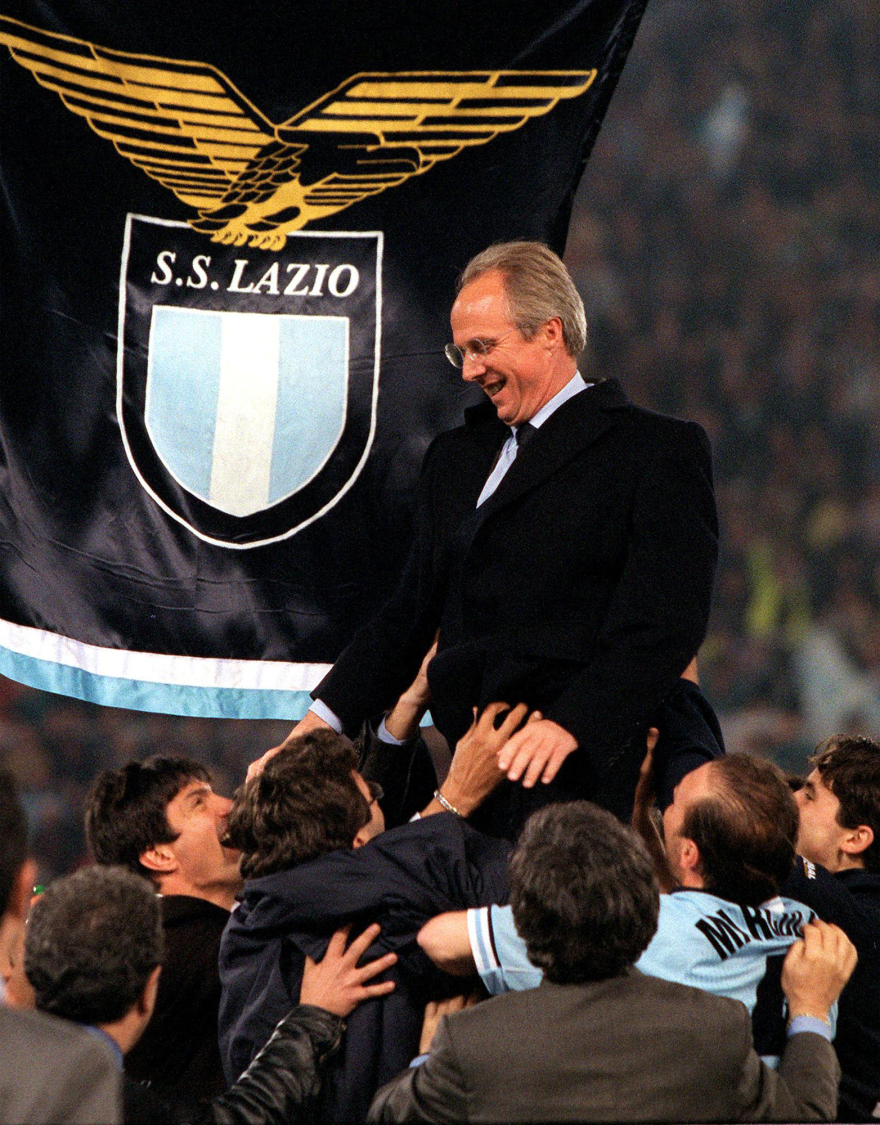
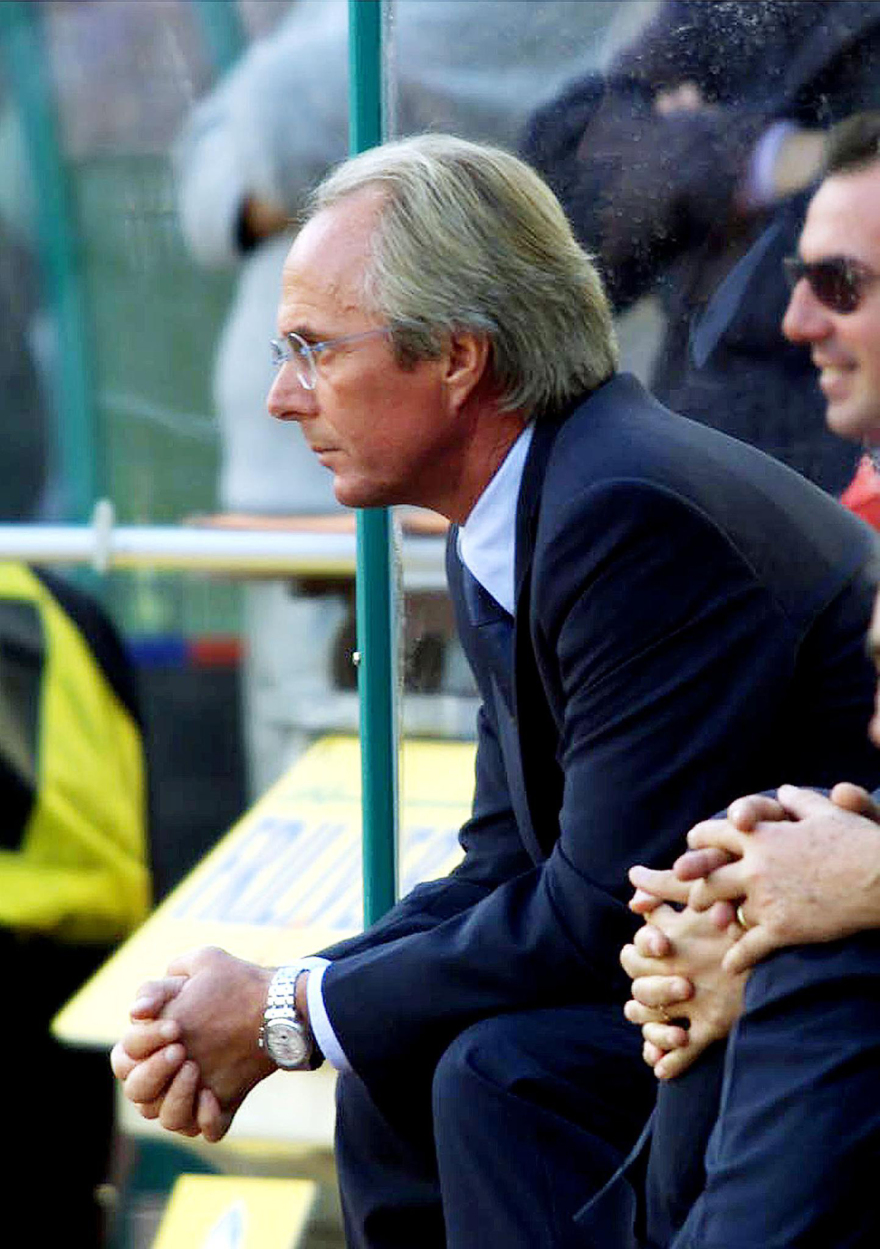
By then, his star had begun to lose its shine. He had a brief stint with Manchester City (before the arrival of the Arabs when the owner was Thai president Thaksin Shinawatra), followed by coaching the national teams of Mexico and Ivory Coast, Leicester (in the Championship), and some collaborations with teams from the Far East before returning to Sweden and Karlstad.
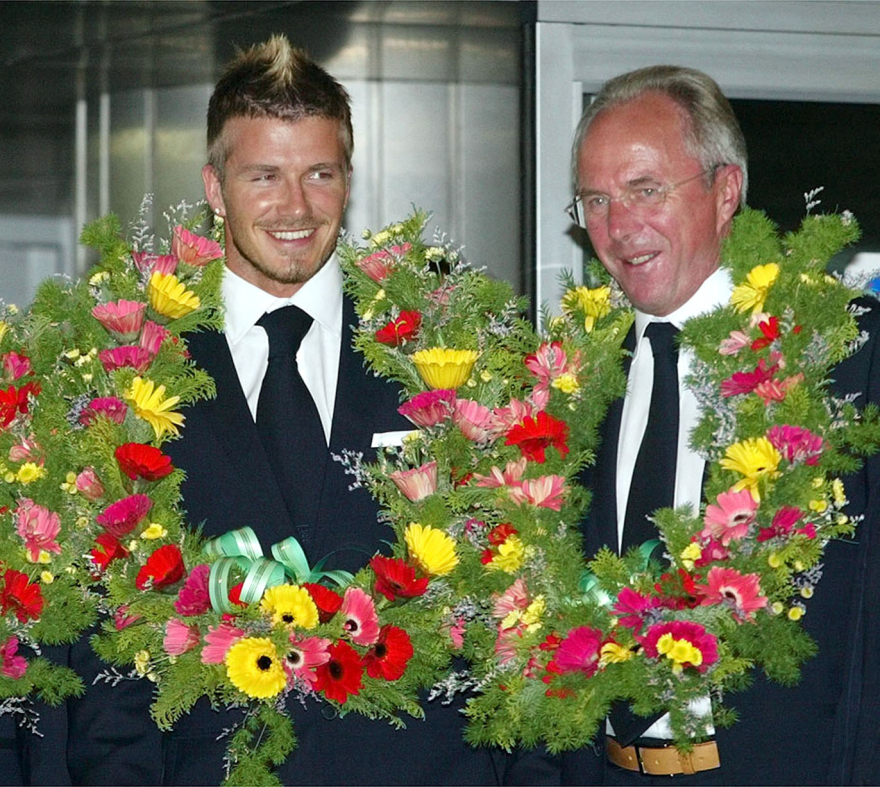
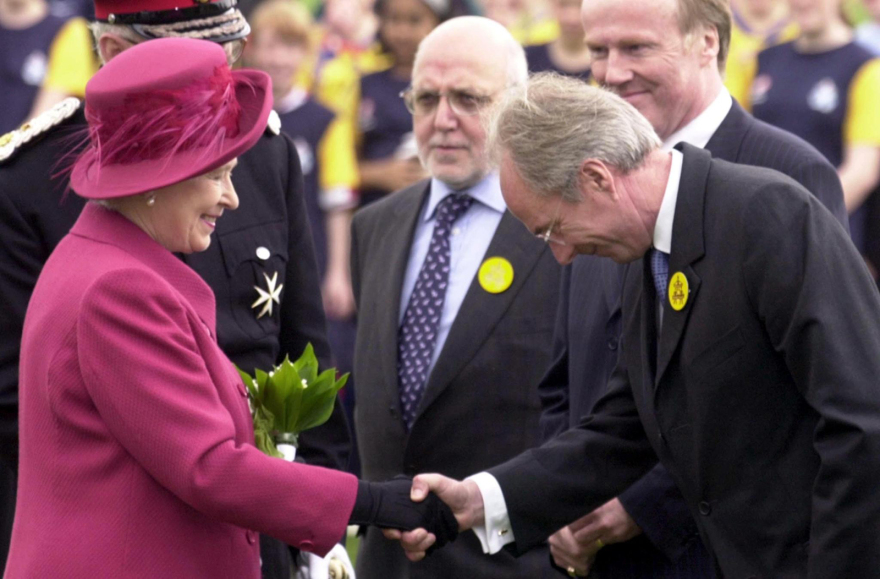
The Tumultuous Personal Life
From the moment he arrived in England, he knew very well that his personal life would come under scrutiny. Nonetheless, he himself made sure to provide plenty of material for scandalous newspapers with various scandals.
His marriage to Anki Eriksson had long ended (they had a daughter, Lina, and a son, Johan), with Sven appearing in London with his partner, Nancy Dell’Olio, a lawyer from Rome.
The two met during his tenure at Lazio, with Nancy divorcing and following him to London, where, after a few months, scandals began. British tabloids revealed that Eriksson had an affair with fellow countrywoman journalist Ulrika Jonsson, and when that noise died down, his relationship with his secretary, Faria Alam, was exposed.
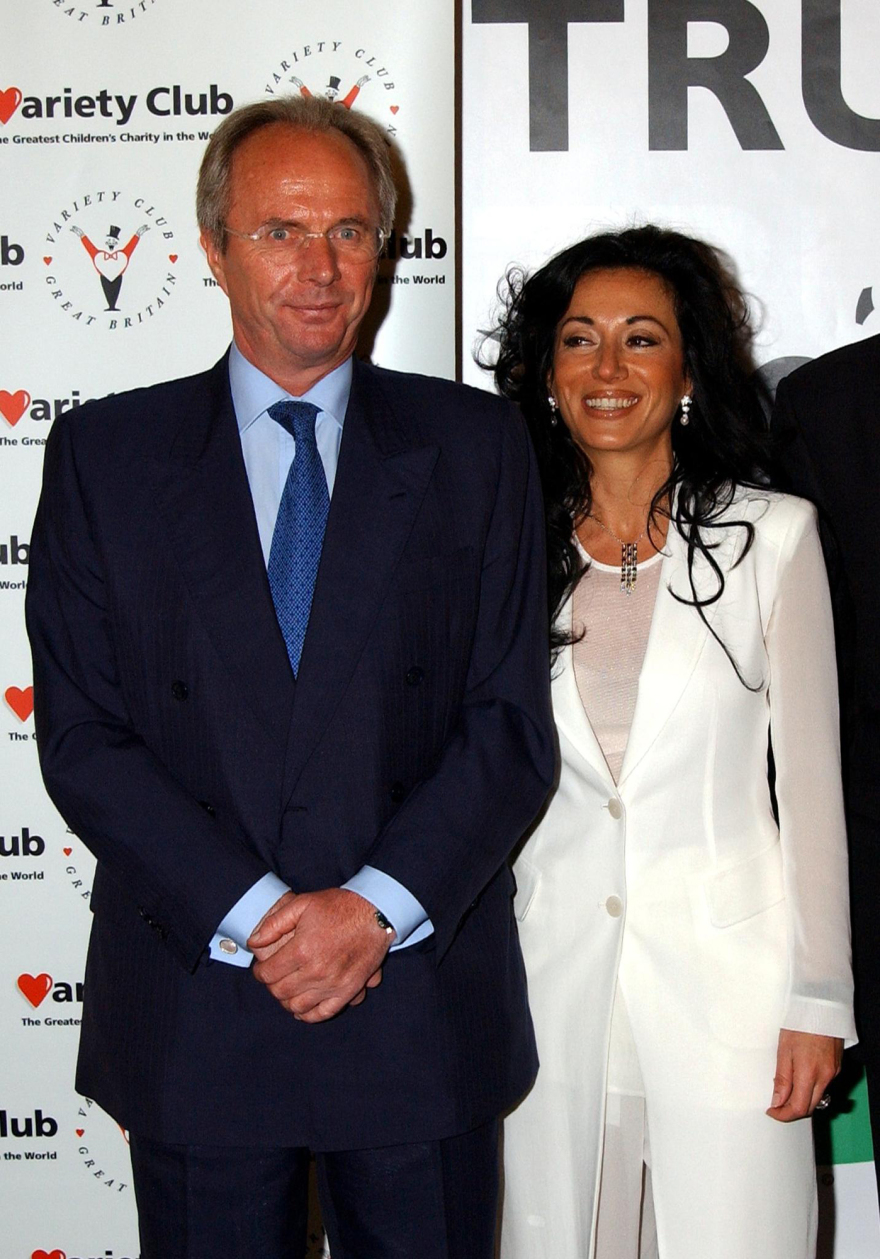

“My reputation was harmed by these relationships, but personally, I don’t feel like I did anything so wrong! Sex is one of the nice things in life,” he said in the documentary “Sven” produced by Amazon, where he discussed all his relationships.
In his autobiography released in 2013, the publishers decided to cut some parts where he revealed various other ephemeral relationships (notably an incident where the lover’s husband appeared at his house, and he was unaware she was married). In recent years, his partner was Janisse Alcindes from Panama.

He met her by chance in Mexico City when he was the national team coach. She revealed that she was a dancer and invited him to the bar where she worked. Of course, he went, and the next day, he invited her to his home, and from 2009 onwards, they lived together.
The Emotional Final Months
When Eriksson was coaching England, British media had torn him apart! Once he made his upcoming end public, everything was forgotten, and the Swede became a shining example for everyone, culminating in the dramatic events of March 23 at Anfield.
“If there is one thing I couldn’t achieve in my life, it was sitting on the bench of my beloved Liverpool,” he had confessed in that interview at the beginning of January.
“Let whoever wants come and sit in my place,” Klopp immediately responded, and the Reds’ management made his dream come true.
On March 23, Liverpool’s veterans welcomed the Ajax veterans, and 60,000 fans greeted him in a spine-tingling moment. Perhaps the most important for him, knowing that the countdown had begun…
Final Farewell
“I had a good life, yes. I think we all fear the day when life ends, when we die. But life is also about death. You have to learn to accept it for what it is,” he said in his final interview for Amazon Prime’s “Sven” documentary and added in his final farewell:
“Let’s hope that in the end, people will say ‘Yes, he was a good person,’ but not everyone will say that. I hope you remember me as a positive guy who tried to do his best. Don’t be sad. Smile. Thank you for everything, coaches, players, and the public. It was all fantastic. Take care of yourself, take care of your life, and live it. Goodbye!”
Ask me anything
Explore related questions





